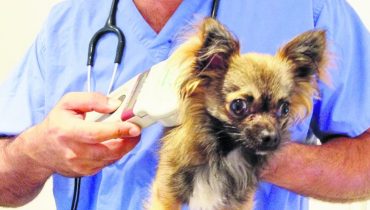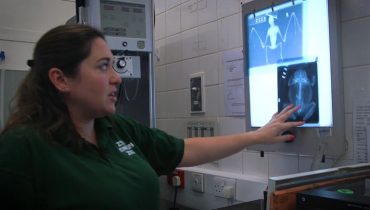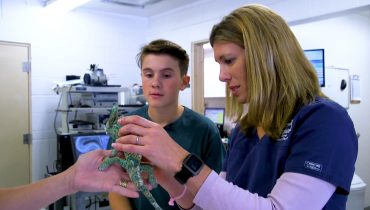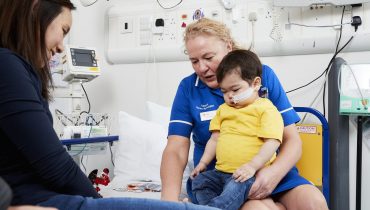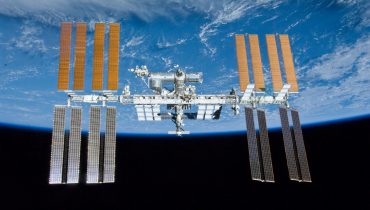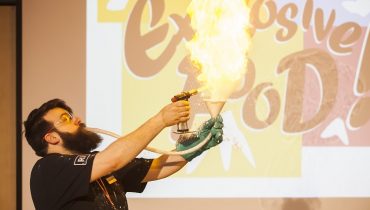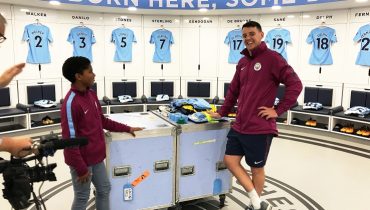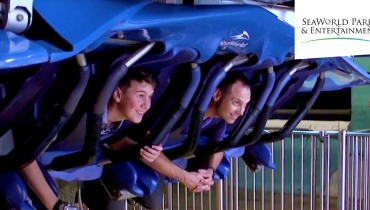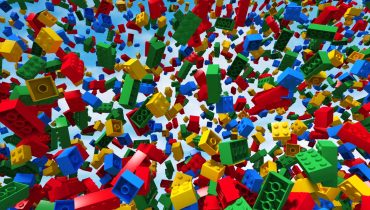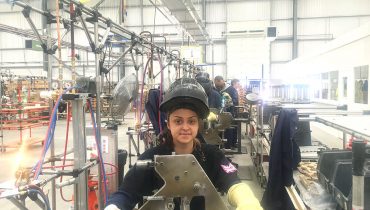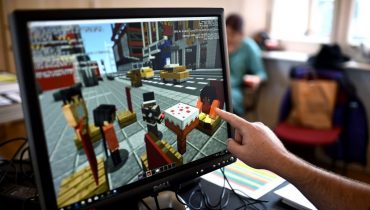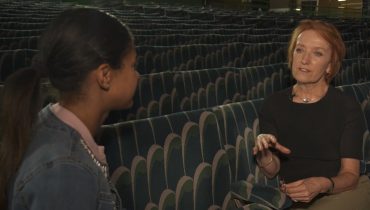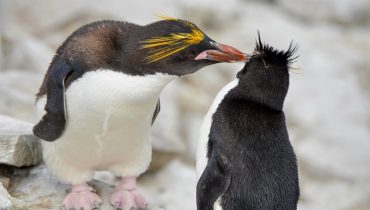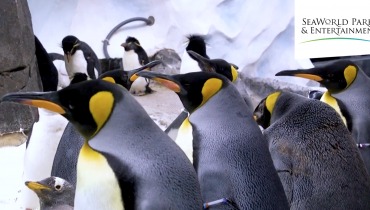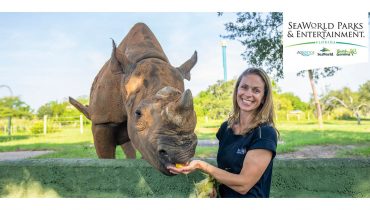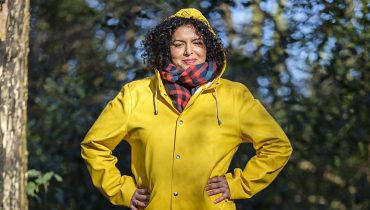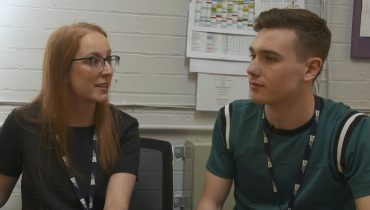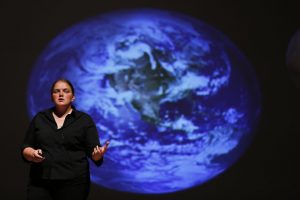 Sophie loves space, and loves telling other people about space! She’s a teacher at the National Space Academy and hopes to inspire the next generation (i.e. all our lovely readers who are looking at this right now!) to go into the UK’s growing space industry.
Sophie loves space, and loves telling other people about space! She’s a teacher at the National Space Academy and hopes to inspire the next generation (i.e. all our lovely readers who are looking at this right now!) to go into the UK’s growing space industry.
What is your name?
Sophie Allan.
What is your job title?
Lead physics teacher.
How did you get your job?
I was already a teacher of physics in a secondary school when this job opportunity came up. The National Space Academy was just starting up and they needed a qualified science teacher with a passion for space to deliver sessions to secondary school students based on space science, but also to develop new educational resources for various partners, including space and science agencies. Luckily, I seemed to be a good fit and was offered the job on interview day while still in the building!
What do you love about your job?
There is so much I love. I think the variety is probably the best thing. In one very busy month I can be teaching my space engineering students on the course that we run with Loughborough College, then teaching a visiting school group about A Level physics and space using hovercrafts, infrared cameras and building comets. After that, flying out to Norway to work with students from across the world at European Space Camp and helping them to build and launch a rocket that goes faster than the speed of sound, before coming back to work on education experiments that astronauts like Tim Peake will do in space. It never gets boring!
I also get to travel a lot, having run student and teacher space training sessions across Europe, in the United Arab Emirates, Malaysia and China and have met some amazing people, including astronauts and space scientists working on really exciting space missions.
What’s difficult about your job?
Because I do so many different things, it can be difficult to keep each project separate, and there is a lot of work! It’s sometimes hard to go from working on a project designing resources for schools to use with real moon rocks and meteorites, to writing teaching resources about big space telescopes, to planning my lessons for the next week. It keeps me on my toes!
What skills do you need?
To do this role, firstly you need to be a good communicator – someone who is really passionate about what they are saying and knows how to get their ideas across to a big audience, from young children to space scientists. You also need to be a qualified science teacher, which means firstly getting a degree in science, and then training to be a teacher.
What school subjects are important?
To talk about or teach space as a job, of course science is important and mathematics, too. Not all science communication jobs need you to have a science qualification, but it certainly helps and is a must if you want to teach science. However, expressive subjects like drama, music and English are also really useful in developing you as a communicator and making you better at performing – very important skills in this job.
Where should young people start if they want to do the job, too?
If you wanted to do my job, you will need to know a lot about space. At a young age you can join your local astronomical society and find out about free space talks that universities are giving near you. Also, take any opportunities you can to improve your communication and presenting skills. Enter competitions and debates, get involved in a drama group or join a band and perform in front of people. All of this will build your confidence.
How do you think your job could change in the future?
Teaching changes quickly because children change over time. As technology affects students, teachers have to adjust what they do to fit the best way students learn. It may be more important to use technology in the classroom, and it is possible that more will be done online, or using virtual reality. But the basics will still be the same – it’s all about the science, and being excited about the science, and getting other people excited about the science of space. And that will never change much.






